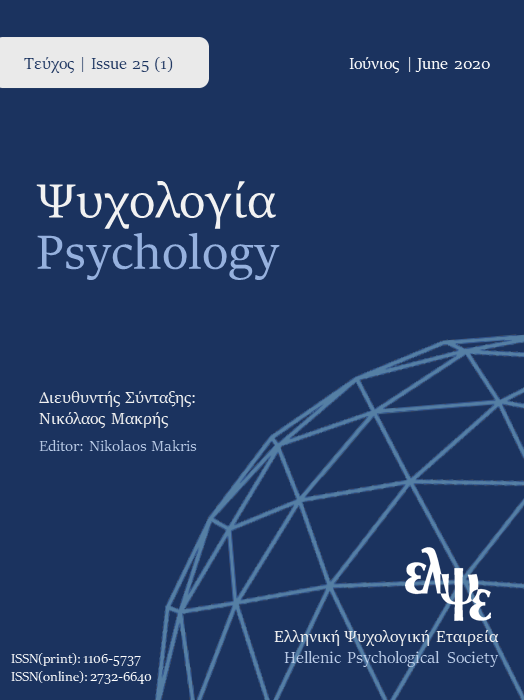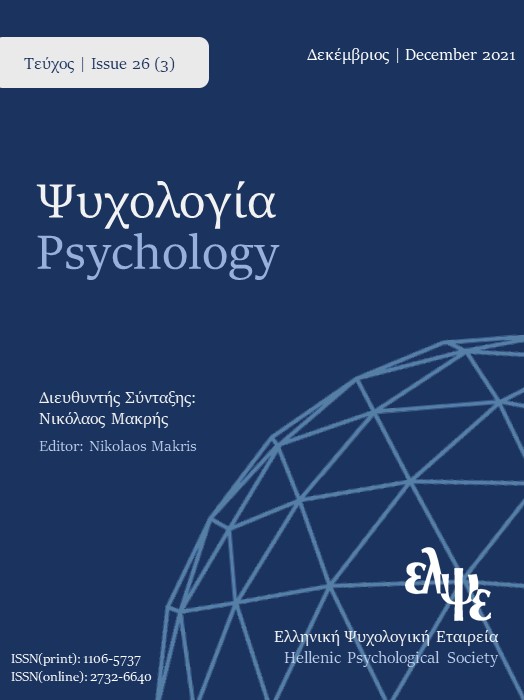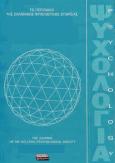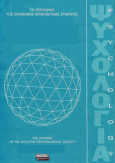Profiling parents’ wellbeing with a newly developed positive parenting measure
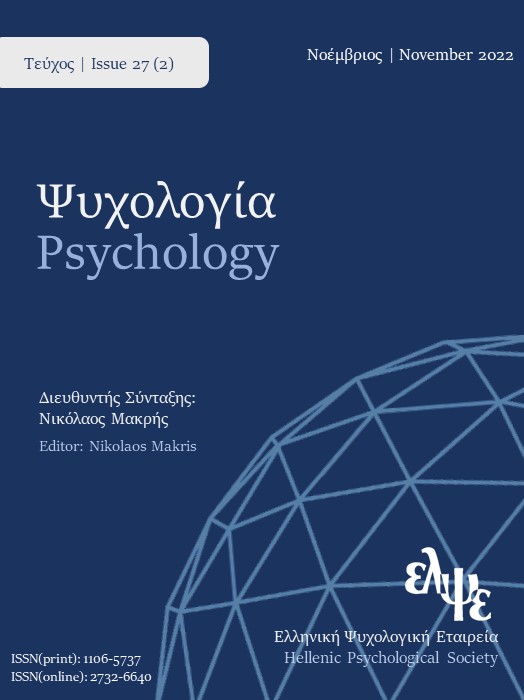
Abstract
This study focused on replicating the tenability and reliability of the 4-factor structure of a new positive parenting measure, namely NICOMACHUS – Positive Parenting (NPP). Positive parenting scores were used along with wellbeing scores (emotional, psychological, happiness, life satisfaction, positive emotions, life meaning) to profile respondents using Latent Profile Analysis (LPA). The sample included 489 respondents with at least a child aged 7–13 years during 2021-22 (amidst COVID-19). The 4-factor NPP structure was tenable and reliable. The significantly different 4-factor bifactor model vs. the first-order 4-factor model suggested there may be a general parenting factor simultaneously with the 4 specific positive parenting factors. Bifactor fit measures suggested both total and per factor NPP scores can be reliably calculated. Regarding LPA, 3 positive parenting–wellbeing profiles emerged with adequate size. Profile 1 (containing about 50% of the respondents) had the highest positive parenting and wellbeing scores. Profile 2 (containing about 35% of the respondents) had the 2nd highest positive parenting and the lowest wellbeing scores. Profile 3 (containing about 15% of the respondents) had the lowest positive parenting and the 2nd highest wellbeing scores. This 3-profile solution was cross-validated with 8 different clustering methods. Mean score differences across the 3 profiles were significant, with a large effect size for all the LPA inputs, suggesting that the derived profiles were significantly distinct from one another. There were significant associations between parental characteristics (age, role, education level, work status, annual income), child characteristics (gender, special needs, birth order), and profile membership.
Article Details
- How to Cite
-
Kyriazos, T., & Stalikas, A. (2022). Profiling parents’ wellbeing with a newly developed positive parenting measure . Psychology: The Journal of the Hellenic Psychological Society, 27(2), 40–58. https://doi.org/10.12681/psy_hps.31757
- Section
- SPECIAL SECTION

This work is licensed under a Creative Commons Attribution-ShareAlike 4.0 International License.
The journal PSYCHOLOGY adopts a Platinum open-access policy. Submission, processing or publication costs are waived by the Hellenic Psychological Society. Papers published in the journal PSYCHOLOGY are licensed under a 'Creative Commons Attribution-ShareAlike 4.0 International' licence. The authors reserve the copyright of their work and grant the journal the right of its first publication. Third-party licensees are allowed to use the published paper immediately after publication as they wish, provided they retain the defined by the license copyright formalities, regarding the reference to its author(s) and its initial publication in the journal PSYCHOLOGY. Moreover, any adjusted work should be shared under the same reuse rights, so with the same CC license.



